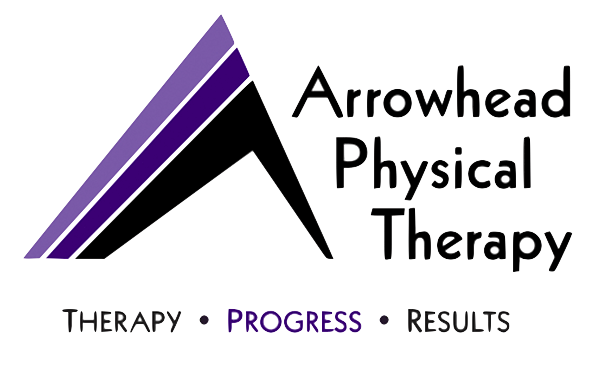
As our loved ones age, the emotional and logistical complexities of caring for them can become overwhelming. One viable option many consider is relocating closer to provide better support. But making such a move entails more than just packing and hiring movers; it requires an intricate blend of financial, emotional, and practical considerations. Below are eight key tips to guide you through this significant life change.
Becoming Knowledgeable About Their Health
Whether your loved one is facing Alzheimer’s, arthritis, or other aging-related conditions, knowledge is power. Read up on the specifics of their medical condition, medications, and treatment options. This will a
enable you to ask the right questions and make informed choices when interacting with healthcare professionals.
Setting Budgets
Setting a budget when moving helps prevent unexpected expenses and keeps your finances on track. Factoring in costs like packing supplies, transportation, and utility deposits ensures a smoother transition without last-minute financial stress. The benefits of using a budget template include organized expense tracking, better financial planning, and a clear breakdown of costs, making it easier to stay within your means and adjust as needed. You can use this same budget template to help your loved one, as well.
Putting in Quality Time With Your Loved One
Amid the chaos of moving, healthcare, and possibly even business concerns, don’t forget the reason for your move: your loved one. Allocate time for activities that both of you enjoy. This strengthens your emotional bond and provides a much-needed respite from the inevitable stresses of caregiving and relocating.
Relocating Your Business
Relocating your LLC to another state involves key decisions, such as registering as a foreign LLC, dissolving and reforming your business, or filing for domestication if your new state allows it. Each option has legal and tax implications, so understanding the process is essential for a smooth transition. Online resources can provide guidance on the best approach for your situation, helping you navigate paperwork and compliance requirements efficiently.
Creating a Daily Schedule
Routines are not just for children; they can provide a sense of stability and predictability for seniors too. Knowing what to expect each day can lessen anxiety and improve the quality of life for your aging loved one. Whether it’s meal times, medication schedules, or walks in the park, maintaining a consistent routine will add a layer of comfort to their daily existence.
Promoting Independence
As much as you want to help, it’s crucial to encourage your loved one to maintain some level of independence. Over-assisting can inadvertently diminish their self-esteem and sense of capability. Assess their abilities carefully and encourage them to perform tasks they can manage on their own, even if it’s just small chores around the house.
Participating in Caregiver Support Groups
Caring for an aging loved one can be emotionally taxing. Joining caregiver support groups can offer invaluable emotional support and insights into navigating challenges. These groups provide a safe space to vent, learn, and gain advice from those who are going through similar experiences.
Relocating to be closer to an aging loved one is an intricate process that requires a holistic approach. From medical considerations to business logistics to finding a new home, each aspect plays a critical role. By meticulously planning and integrating these eight essential tips, you can make the transition smoother for everyone involved, while also ensuring that you are providing the most effective and empathetic care possible.
Get expert, personalized physical therapy at Arrowhead Physical Therapy today!
